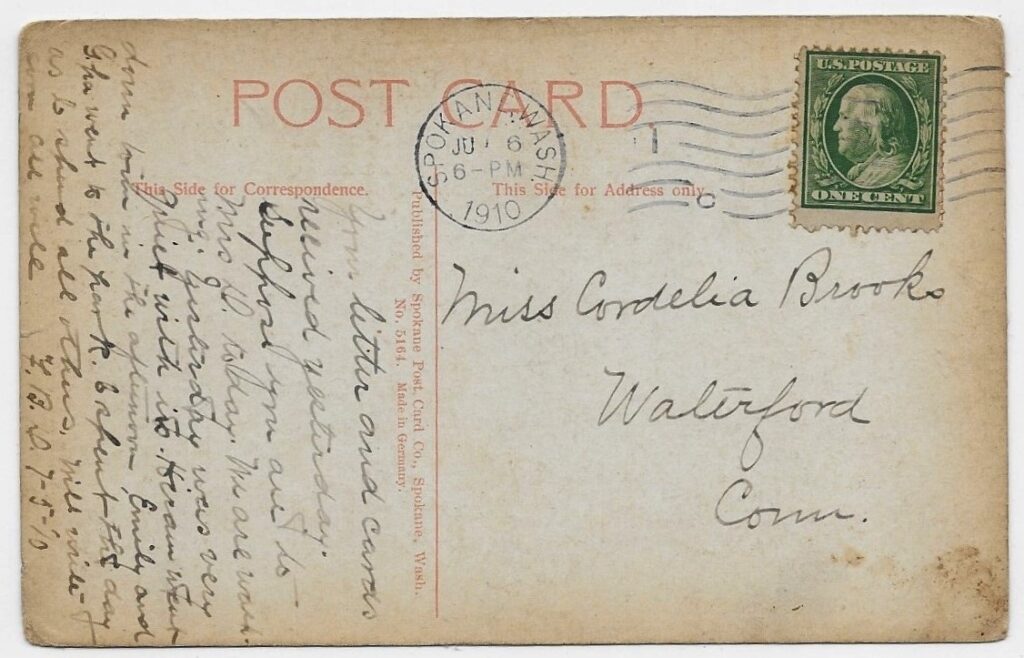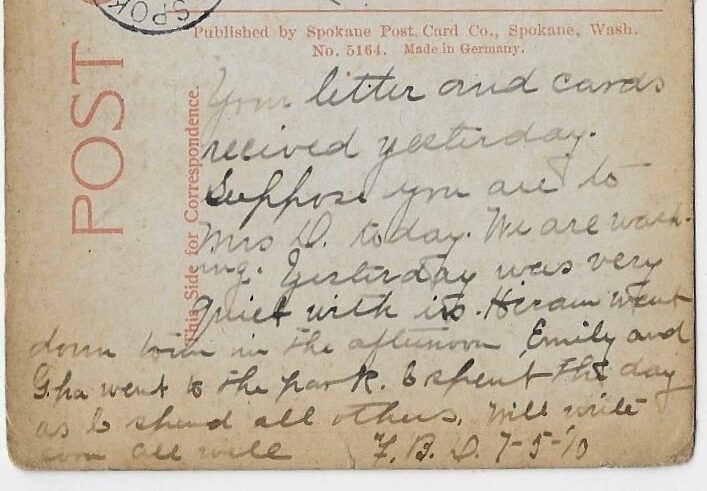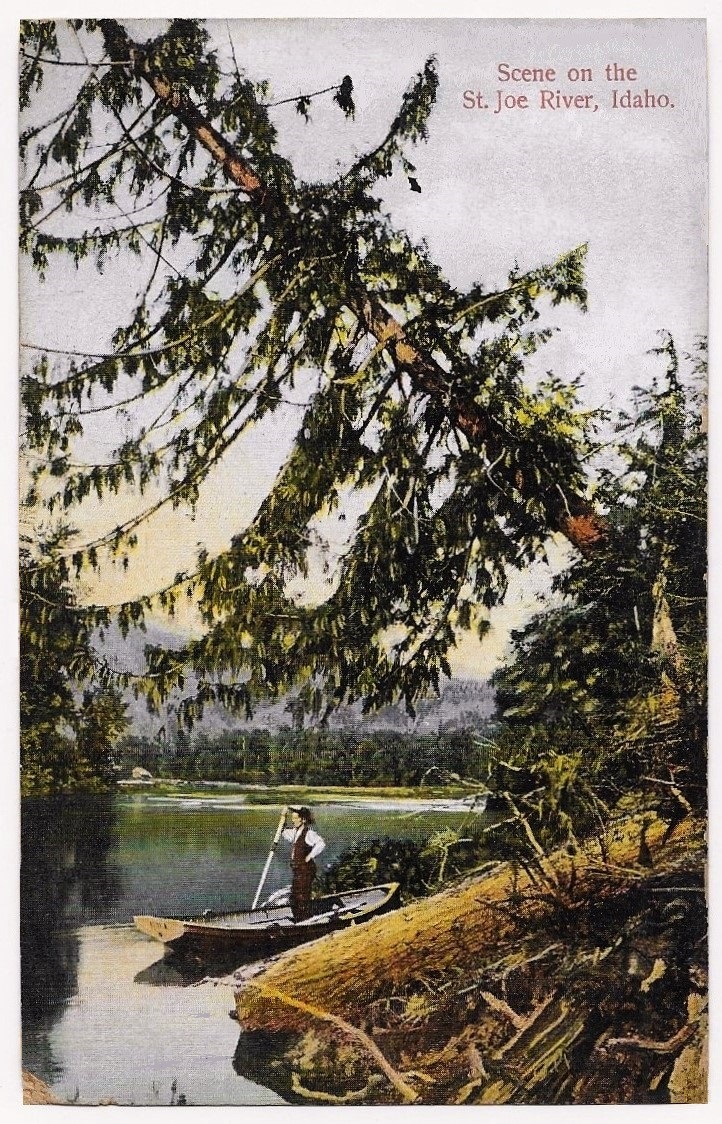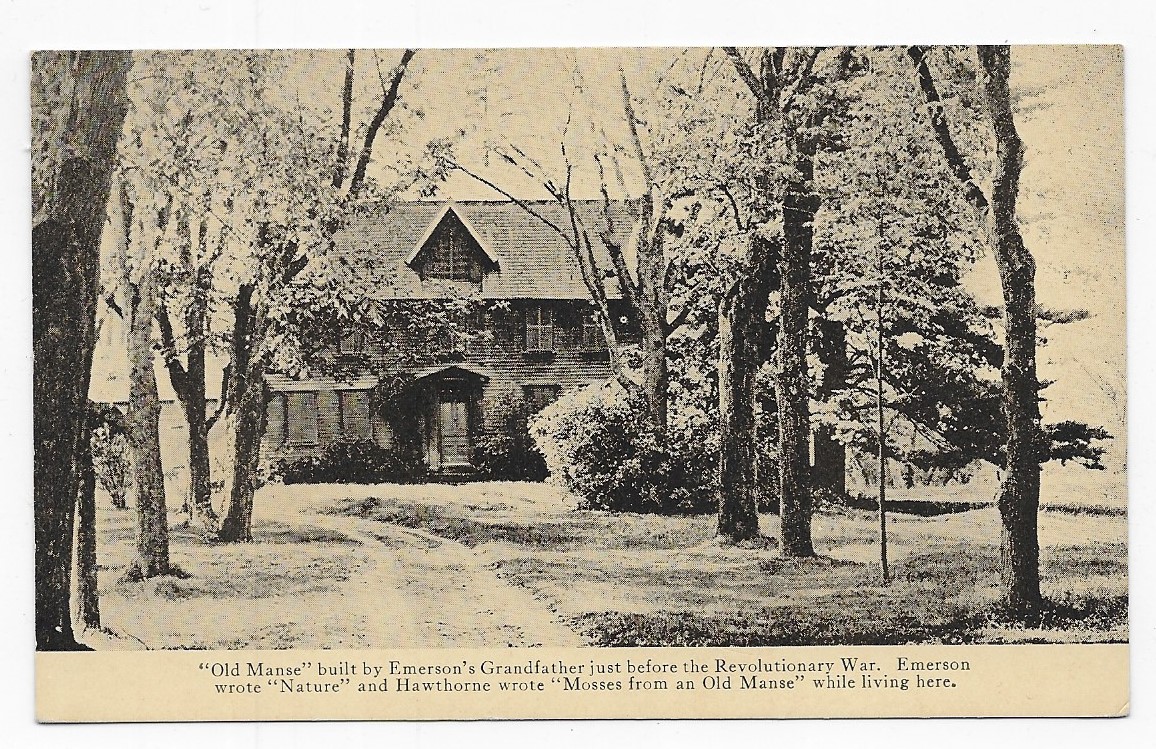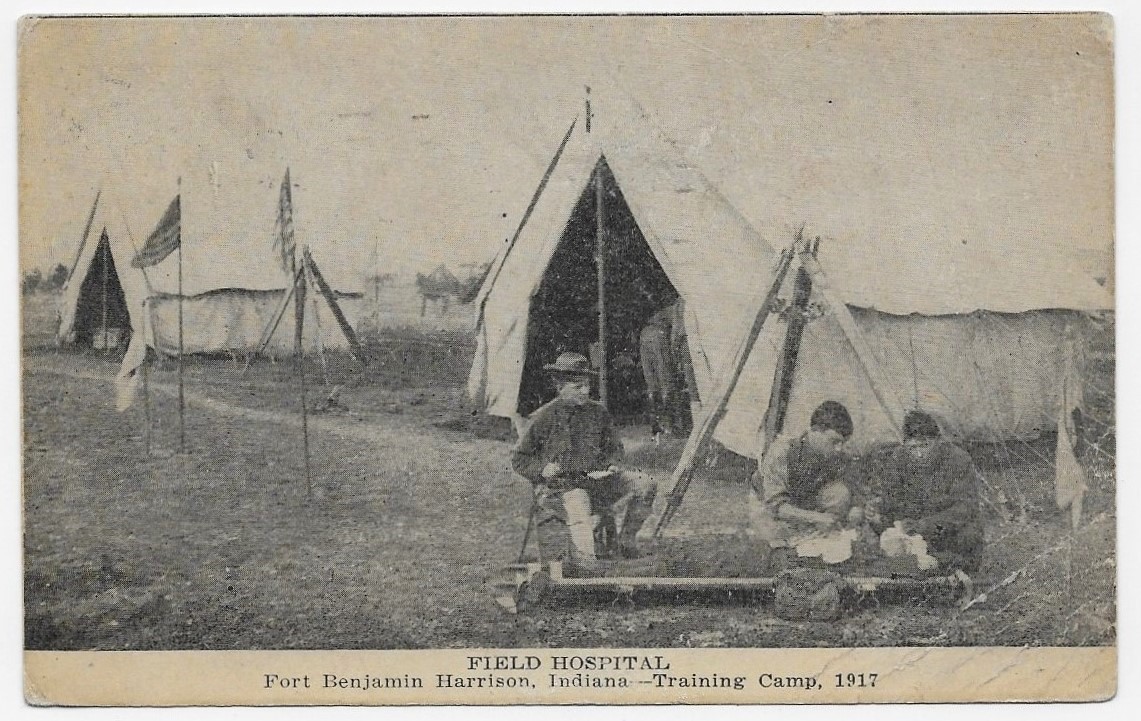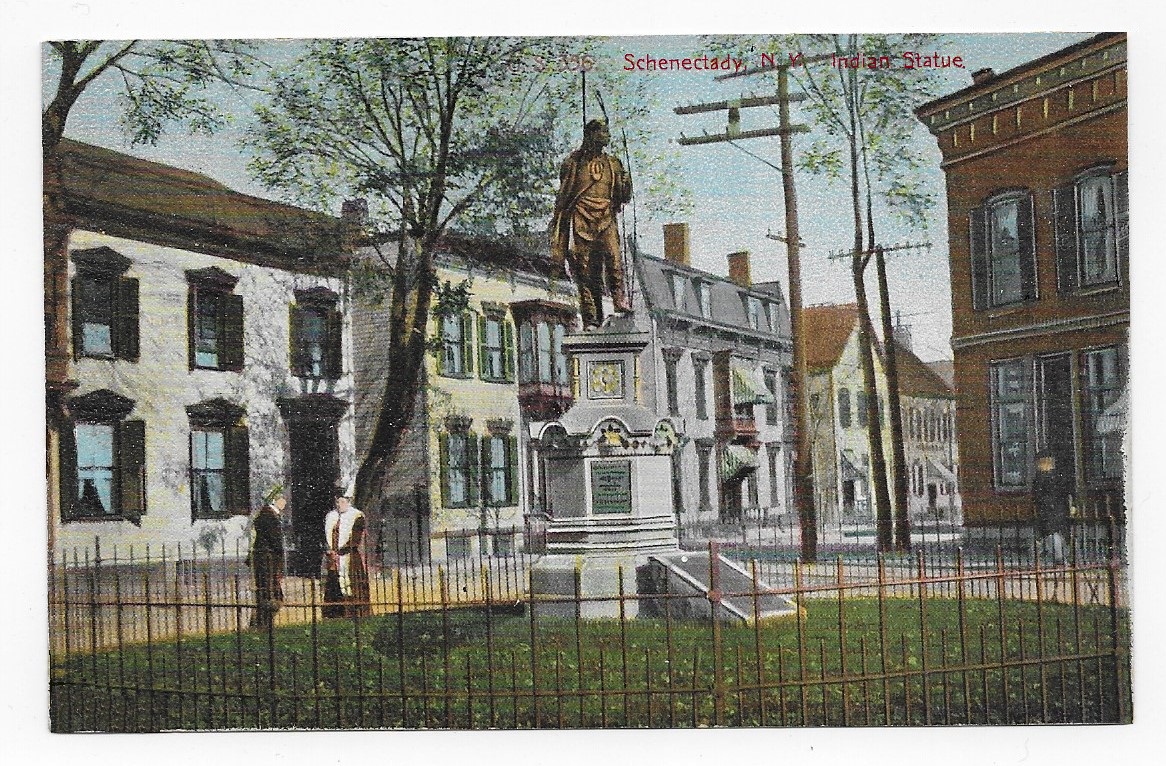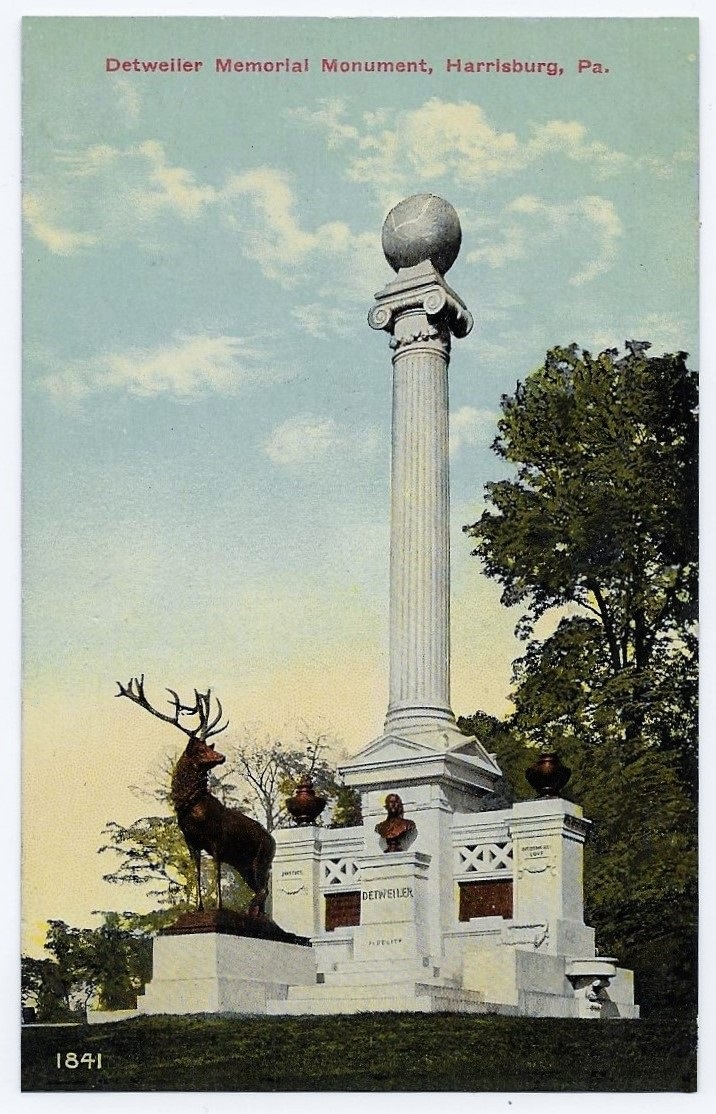Miss Cordelia Brooks lived in Waterford, a town on the Niantic River and the Long Island Sound in New London County of southeast Connecticut.
https://en.wikipedia.org/wiki/Waterford,_Connecticut
In July of 1910, Cordelia received a postcard from F. B. D.
The postcard was nailed from Spokane, a city on the Spokane River and adjacent to the Selkirk Mountains in east-central Washington.
Spokane, grew up as a center of mining, lumbering, and agriculture in this area west of the foothills of the Rocky Mountains.
Today, it is the economic and cultural center of the US “Inland Northwest” and boasts a remarkable historic district of Romanesque Revival architecture.
https://en.wikipedia.org/wiki/Spokane,_Washington
The city about 18 miles from the border of Idaho.
+ + + + + +
The face of the postcard shows a scene on the St. Joe’s River in Idaho.
The Saint Joe River flows for 140 miles through a scenic river valley in the northern panhandle of Idaho – it empties into Coeur d’Alene Lake.
https://en.wikipedia.org/wiki/Saint_Joe_River
Some time ago, we saw other postcard stories about this river and the impenetrable Shoshone Falls that prevented navigation and so retarded settlement in the area.:
“A Mission to Coeur d’Alene” and “Christmas in Idaho”.
In this photograph, we see the evidence of lumbering of the large evergreens that line the river.
Almost lost in the rugged landscape is a lone figure holding a pole and standing on a skiff.
The pole appears to be the only means of locomotion, so we may assume that the man is punting the craft on the edges of the river.
The wonderful photograph was published by the Spokane Post Card Company; it was “Made in Germany”.
+ + + + + + +
On the reverse, the sender begins the message without a greeting – so there is no clue about the relationship of the writer to Cordelia.
The writer acknowledges, “Your letter and cards received yesterday.”
Cordelia is imagined doing her usual tasks, “Suppose you are to Mrs. D. today.”
In Spokane, “We are washing”.
We learn that “Yesterday was very quiet for us” – I believe that this refers to the celebration of the Fourth of July.
“Hiram went down town in the afternoon” and “Emily and Ida went to the park.”
The sender “spent the day as I should all others”.
In closing, Cordelia’s correspondent indicates that they are “all well” and she promises “will write soon.”
One hopes that Miss Brooks was delighted by the postcard, that her friends in Washington remained well, and that Cordelia received the promised letter in due time.
